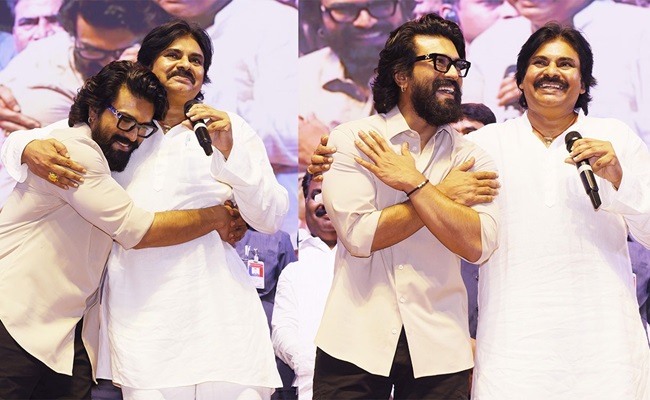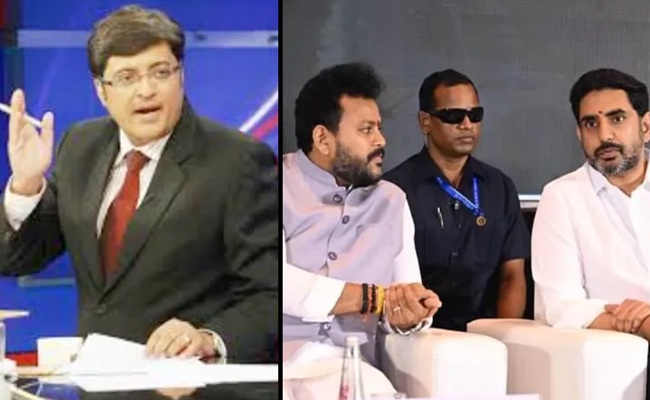Opinion: Why Politics And Cinema Should Stay Apart
In today’s increasingly polarized world, the intersection of politics and cinema has become a hotly debated topic. While both realms serve as platforms for expression, they operate under fundamentally different paradigms. Politics is about governance, societal structure, and authority, while cinema is primarily an art form, dedicated to storytelling and emotional connection. This essential difference raises a critical question: should the two ever converge?
The Essence of Cinema
Cinema has long been a mirror of society, offering a reflection of our values, struggles, and triumphs. Filmmakers often draw inspiration from contemporary issues, yet they do so with the intent of crafting compelling narratives that resonate with audiences on a deeply personal level. The power of cinema lies in its ability to transcend boundaries and provoke thought without the constraints of political ideology.
The Dangers of Political Influence
Artists who understand the risk of political entanglement often take a cautious stance. When politics infiltrates the creative process, it can stifle artistic freedom and dilute the authenticity of the work. Films should inspire dialogue, not serve as propaganda for political agendas. As history has shown, when cinema becomes too closely linked to political movements, it risks losing its creative essence and alienating audiences who may disagree with the conveyed narrative.
Maintaining Artistic Integrity
The most successful artists are those who remain vigilant about the threats posed by political influence in their careers. By steering clear of overtly political themes, they preserve the integrity of their work and foster an environment where viewers can engage with the art more freely. This does not mean that artists shy away from difficult subjects; rather, they approach these topics with nuance, allowing the audience to draw their conclusions rather than imposing a singular viewpoint.
The Role of the Artist in Society
Despite the argument for separation, it is essential to acknowledge the role that artists can play in shaping societal narratives. Cinema has the unique ability to highlight injustices and spark necessary conversations. However, this can be achieved without aligning directly with political parties or movements. By focusing on universal themes, filmmakers can create works that resonate across different political divides, ultimately uniting audiences in the shared experience of storytelling.
Conclusion: The Essential Balance
In conclusion, while politics and cinema both hold significant influence in society, they must remain distinct in purpose and practice. Artists who navigate this landscape with caution are likely to create works that resonate more powerfully and transcend the transient nature of political discourse. By prioritizing artistic integrity over political affiliation, filmmakers can continue to produce timeless narratives that invite reflection, discussion, and ultimately, understanding among diverse audiences.



